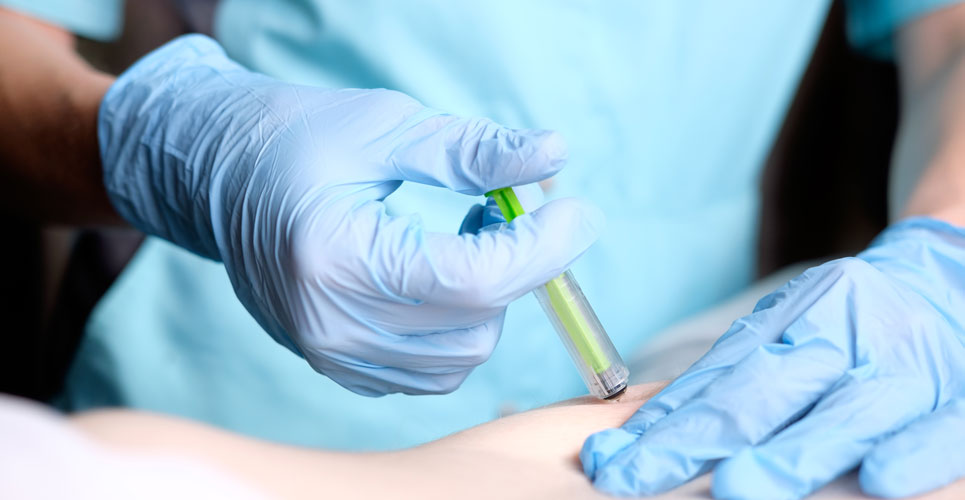A proportion of COVID-19-related deaths are known to be caused by thromboembolic events and therefore could be minimised through early introduction of an anticoagulant.
Observations from China during the early part of the COVID-19 pandemic, indicated that a proportion of patients with pneumonia-associated COVID-19, experienced coagulopathy suggesting a possible role for anticoagulants. Indeed, one Spanish study has revealed how the use of heparin was associated with a significant reduction in mortality among those with COVID-19 but a more definitive answer should come from many of the on-going clinical trials of anticoagulant use. Nevertheless, results from a large observational study by a collaborative team from the UK and various centres in the US, has provided some important findings of the value of anticoagulation in those infected with COVID-19.
Using electronic health records, the team performed a nationwide study in US hospitals of patients admitted to hospital between March and the end of July 2020 who had a PCR-positive COVID-19 test result. The researchers included only patients admitted to hospital without prior use of any anticoagulants and for whom, prophylactic treatment was initiated within 24 hours of admission. They used mortality within 30 days of admission as the primary outcome of interest and included both in-hospital and post-discharge deaths and in the subsequent analysis, adjusted for a number of different potential confounders.
Findings
The team identified 4297 patients for inclusion in the analysis with a mean age of 68 years and of whom the majority (93.4%) were men. Within this cohort most patients (84.4%) received prophylactic anticoagulation within 24 hours of their hospital admission, which was either subcutaneous heparin (30.2%) or enoxaparin (69.1%). During the next 30 days there were 622 deaths (14.5%) and among those receiving anticoagulation, there was a 27% reduced risk of 30-day mortality (hazard ratio, HR = 0.73, 95% CI 0.66 – 0.81), translating into an absolute risk reduction of 4.4%. However, this benefit was much more apparent for those not admitted to an intensive care unit (HR = 0.91 vs HR = 0.68, admitted vs not admitted). Interestingly, there was no increased risk of bleeding events requiring transfusion (HR = 0.87, 95% CI 0.71 – 1.05).
The authors concluded that their results provide important real-world evidence to recommend the use of prophylactic anticoagulation in those hospitalised with COVID-19.
Citation
Rentsch CT et al. Early initiation of prophylactic anticoagulation for prevention of coronavirus disease 2019 mortality in patients admitted to hospital in the United States: cohort study. BMJ 2021; 372: n311.

